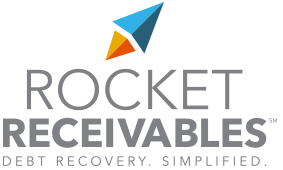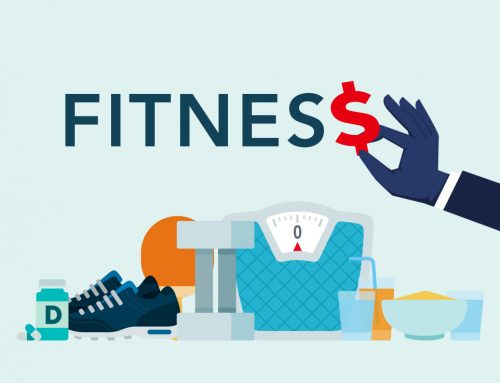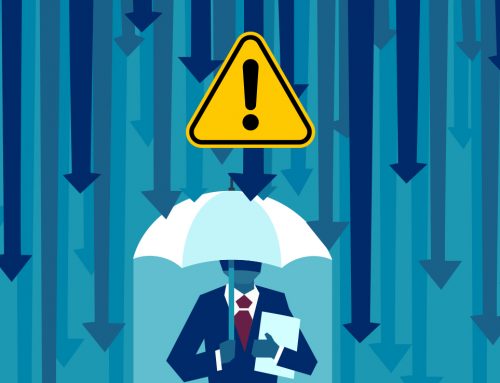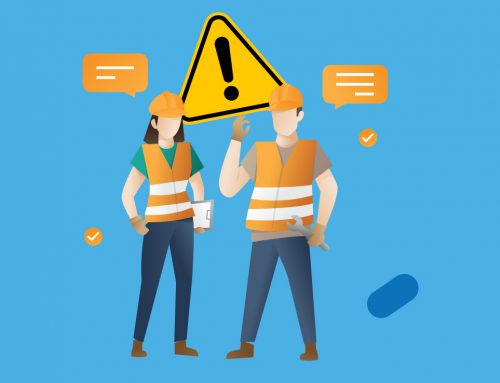The predictions show Americans will continue to struggle with past-due medical debt.
Americans continue to have trouble paying their medical bills. In 2017, the average per-person medical debt that made it to collections was $681, according to Modern Healthcare. Past-due medical debt affects around 18% of the U.S. population.
Yet we know that debt recovery in the medical field is a very tenuous activity. That is because some of the treatments associated with these debts are life-saving; so, to pursue a debt at a time when a person is sick or healing, feels unnecessarily conflicting.
So, how can healthcare providers collect on these past due balances? Which types of medical bills are most frequently past due? What resources do healthcare providers have access to that will help them improve their A/R?
Debt Recovery in the Medical Field
Modern Healthcare took a look at past
While most patients want to resolve their accounts, we know that some of the varying processes hospitals use to bill on these debts creates customer confusion. Following guidelines such as the Healthcare Financial Management Association’s Patient Friendly Billing Project will help patients better understand their responsibilities.
In 2017, around 16% of the population under the age of 65 struggled with paying their medical bills. The study showed that just slightly more than 29% of this population was uninsured. However, 20.5% of past due balances were carried by people with Medicaid or Medicare and another 12.3% carried private insurance. With possible changes to the Affordable Healthcare Act, more people may lose insurance. If that is the case, it’s likely that past due balances owed to healthcare providers will rise.
According to the Modern Healthcare report, of the past due balances owed to healthcare providers last year, the following services caused consumers the most delinquencies:
- 21% of past due debt in 2017 was owed on ER visits.
- 20% was inpatient hospitalizations.
- 12% was dental treatment.
- 11% was owed on diagnostic tests.
- 9% on routine doctor visits.
InsideARM reports that the number of consumers predicted to not pay their total hospital bill will increase to 95% by 2020. They suggest that bad debt is expected to rise in the coming years, along with healthcare deductibles and self-pay accounts. With these predictions in hand, many healthcare providers are seeking assistance from third-party medical debt collection companies like Rocket Receivables, to help improve their revenue cycle.
Rocket Receivables can help provide debt recovery so you can stay focused on patient care.
The medical debt resolution process can be challenging. The trick with collecting on any medical debt is that the debt recovery firm must tread cautiously with patients who may be recovering from illness or fighting a battle with a chronic or life-threatening disease.
All health collection practices must comply with strict regulations and laws designed to ensure fair resolutions for debt recovery. Statutes such as the Fair Debt Collection Practices Act and the Telephone Consumer Protection Act set guidelines that prohibit the employment of heavy-handed debt recovery techniques. Harassment practices could not only be a detriment to the reputation of the medical provider, but it could also add to the stress of sick patients. That’s why Rocket Receivables, powered by TSI, uses a diplomatic and empathetic approach with all of our patient communications.
Healthcare organizations should be cautious when vetting debt collection companies to ensure that the practices used are compliant with laws and regulations. Rocket Receivables specializes in medical debt collection. Our teams understand the tightrope between patient relationships and debt recovery. Get started collecting more for your healthcare organization today.






